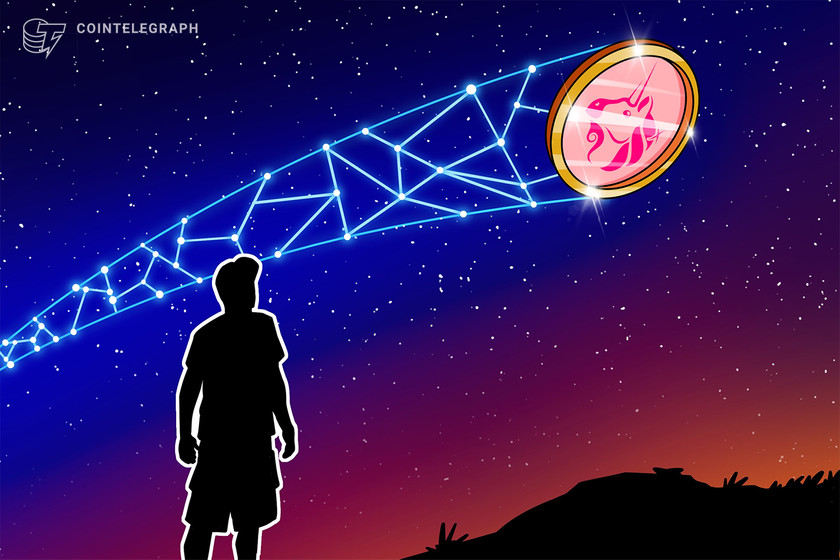French central bank looks at certification, incorporation as part of DeFi regulation


The Banque de France presented a well-written consideration of issues related to DeFi and the forthcoming MiCA regulation, with suggestions.
The Banque de France has contributed to the discussion of European crypto asset regulation with a close examination of decentralized finance (DeFi) and potential approaches to its regulation. The discussion is timely, given the growing use of tokenization in finance and the introduction of blockchain technology in many economic sectors, the authors said.
The paper, written by members of the Fintech-Innovation Hub at the French central bank’s Prudential Supervision and Resolution Authority, notes that the term “DeFi” represents a range of crypto asset services, technologies and associated risks, which cannot be adequately addressed with current regulations:
“The main idea developed in this paper is that the regulation of disintermediated finance cannot simply replicate the systems that currently govern traditional finance.”
The paper suggests that regulation through certification could strengthen blockchain infrastructure security, decentralized autonomous organizations (DAOs) could be supervised by making them incorporate, and control over the intermediaries that allow access to DeFi services could enhance customer protection. As currently written, the European Union’s Markets in Crypto-Assets (MiCA) regulation excludes fully decentralized services from its scope and would have to redefine “crypto asset service providers” to make it possible to extend regulation to DeFi intermediaries.
Blockchain code could be subject to minimum standards, the paper argues. However, controlling the concentration of validation capacities in a DAO would be fraught with complexities and knock-on effects on a public blockchain, so the authors prefer a “resolution mechanism” that can be triggered after a cap has been reached. A private blockchain has the advantage of selecting trusted players but would require a more specific regulatory framework.
Related: French central bank pilots blockchain-based CBDC for debt market
Furthermore, the code in smart contracts could be subject to certification through a variety of mechanisms to assure it functions as intended, the paper says. Decentralized oracles could be regulated to avoid collusion.
L’@ACPR_actu publie un document de réflexion sur la #DeFi. Ce document avance plusieurs pistes possibles de réglementation et invite les parties prenantes à l’occasion d’une consultation publique.
https://t.co/5HEVHKB2kH pic.twitter.com/OLVkdZDh31— Autorité de contrôle prudentiel et de résolution (@ACPR_actu) April 3, 2023
Stablecoin regulation would be a necessary complement to DeFi regulation, as stablecoins “are now essential to the functioning of DeFi.” This is complicated under the MiCA framework, due for its final vote this month, as “the MiCA Regulation does not apply to services provided in a fully decentralized manner without any intermediary.” An additional rule would have to be introduced here, too, for the regulation of stablecoin use in DAOs.
At 45 pages, not including a consultation questionnaire, the paper’s argumentation is dense. Nonetheless, the English translation distinguishes itself with its clear language and thorough descriptions of DeFi technology and the issues it perceives with it.
Magazine: ZK-rollups are ‘the endgame’ for scaling blockchains: Polygon Miden founder






















